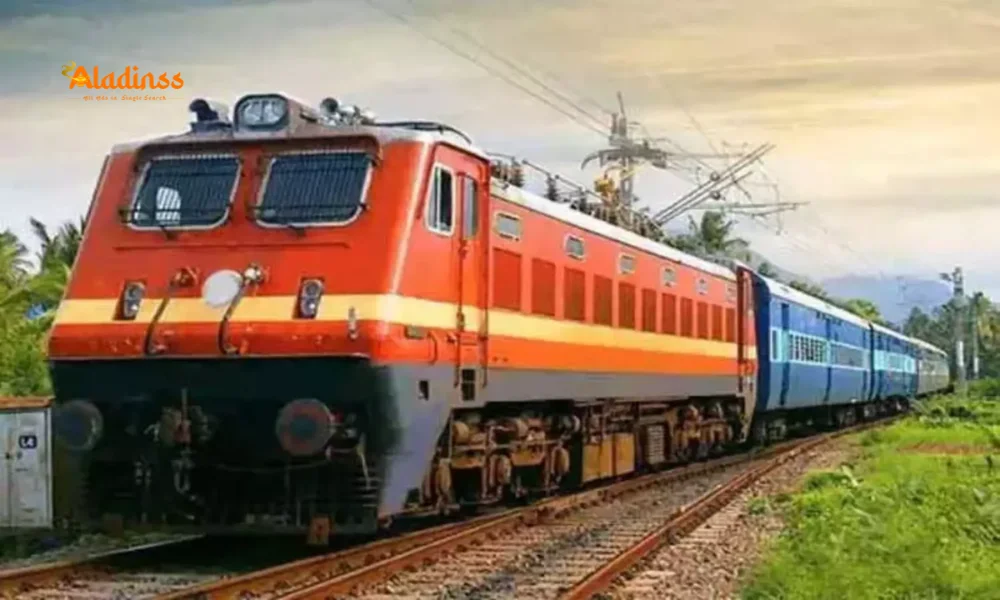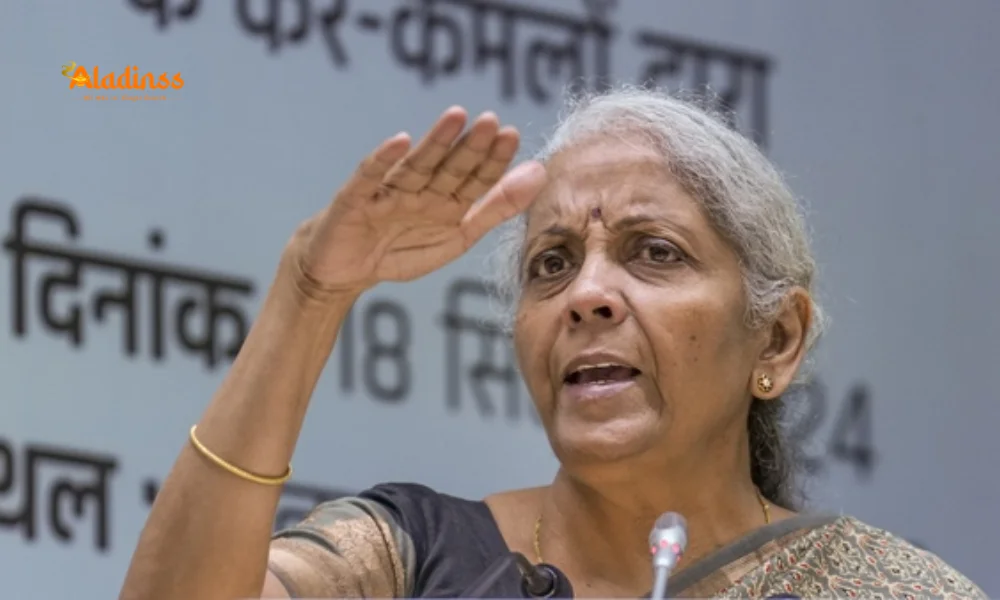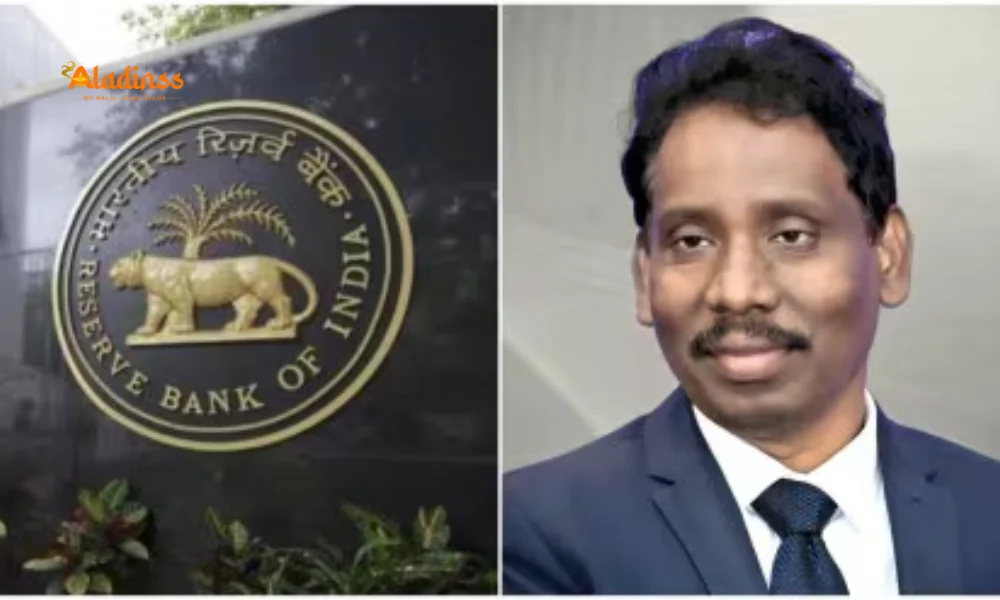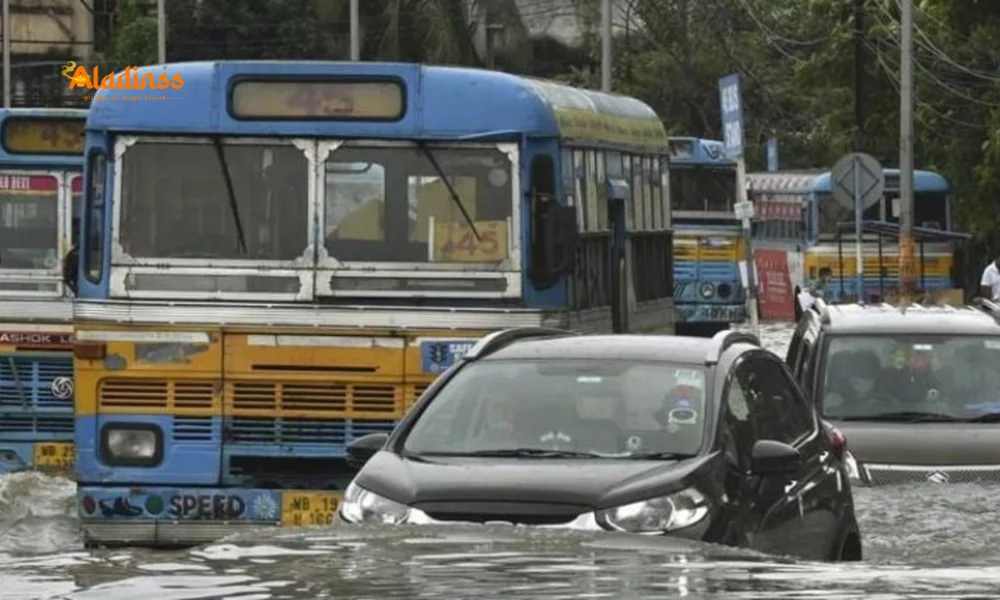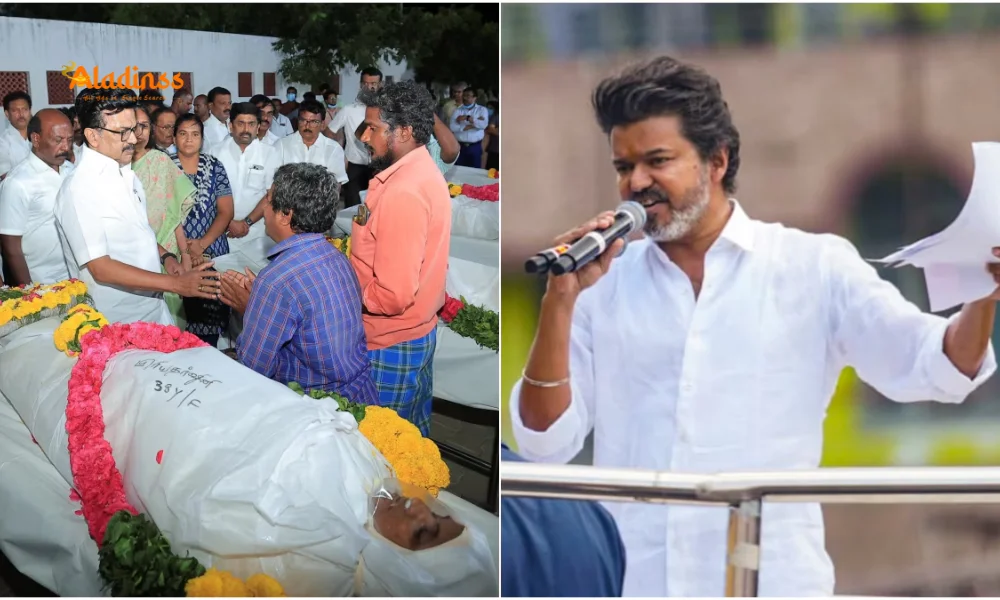Sonam Wangchuk Arrested in Ladakh Protests
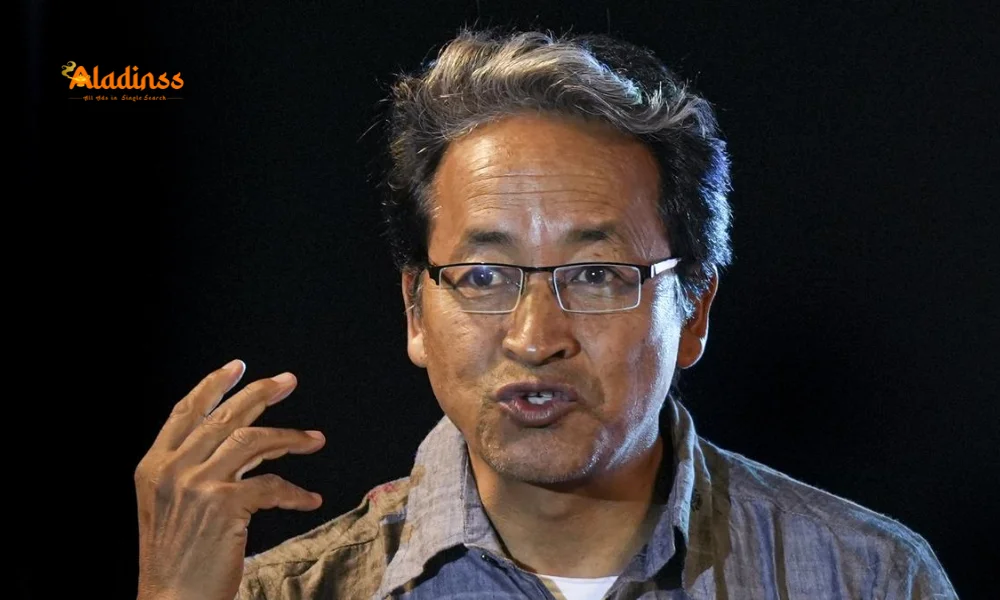
Sonam Wangchuk Arrested Amid Escalating Ladakh Protests for Statehood
In a dramatic escalation of the Ladakh autonomy movement, environmental activist Sonam Wangchuk was detained under the stringent National Security Act (NSA) on September 26, 2025, following violent clashes Leh Ladakh that claimed four lives and injured over 80 others. The Sonam Wangchuk arrested NSA incident stems from ongoing statehood for Ladakh demands, reignited by the Article 370 revocation in 2019 that led to the Jammu Kashmir bifurcation and creation of Ladakh as a union territory. Wangchuk, a key figure in the hunger strike Leh protests, faces accusations of Sonam Wangchuk inciting riots through provocative speeches, amid calls for Sixth Schedule Ladakh protections to safeguard local land and jobs.
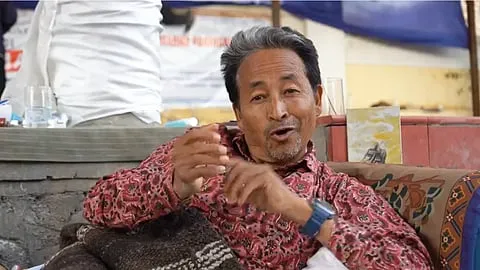
The unrest in Leh, triggered by youth-led demonstrations, saw protesters torching vehicles and the BJP office arson site, prompting police to fire tear gas and live rounds in self-defense. With curfew Leh imposed and internet suspended, authorities have bolstered security, leading to 48 arrests Ladakh protests, including 40 remanded to judicial custody. This Ladakh violence marks a stark turn from peaceful Ladakh youth agitation to confrontation, highlighting deep-seated grievances over Modi government Ladakh policy since the bifurcation.
Roots of the Ladakh Autonomy Movement Post-Article 370
The protests after Article 370 revocation trace back to August 5, 2019, when the central government dissolved Jammu and Kashmir's special status, splitting it into two union territories: Jammu and Kashmir, and Ladakh union territory. This Jammu Kashmir bifurcation stripped Ladakh of its semi-autonomous powers, fueling demands for statehood and inclusion under the Sixth Schedule Ladakh to protect indigenous rights against external land grabs and job displacements. Environmental activist Ladakh Wangchuk, renowned for his SECMOL initiative, emerged as a vocal proponent, leading a 500-mile march to Delhi last year and multiple hunger strikes to press Ladakh statehood demands.
Wangchuk's activism, blending ecological concerns with political advocacy, resonated amid rapid militarization and infrastructure projects post-2020 India-China border clashes. The Ladakh autonomy hunger strike he spearheaded on September 10 sought constitutional safeguards, but ended abruptly on September 24 when two fellow strikers collapsed, sparking the hunger strike turns violent Leh chaos. Groups like the Leh Apex Body (LAB) and Kargil Democratic Alliance have vowed to continue dialogue, planning a Delhi delegation on September 29 despite the crackdown.
Also Read: TNPSC Group 4 Vacancies Boosted to 4662
Timeline of Violence and Government Response
The Ladakh statehood protests September 2025 ignited during a peaceful shutdown in Leh, where thousands gathered echoing Wangchuk's calls for autonomy. Tensions peaked as fainting protesters were hospitalized, leading to BJP office set on fire Ladakh and assaults on police vehicles, resulting in Leh violence four deaths and dozens injured. Security forces, citing self-defense, resorted to lathi charges and bullets, imposing curfew imposed Leh 2025 and barricades to contain the spread. Mobile internet blackout in Leh further isolated the region, amplifying cries of disproportionate force from local leaders.
By September 26, police arrests Ladakh surged to 48, with Wangchuk's detention under NSA detention marking a high-profile escalation. Led by DGP S.D. Jamwal, the operation shifted him to Jodhpur for Wangchuk detention Jodhpur, invoking charges of provocative speeches akin to Arab Spring uprisings. The Home Ministry's revocation of Wangchuk NGO license for SECMOL foreign funding ban, citing FCRA violations, preceded the arrest, probing fund diversions and sovereignty studies.
- September 10: Wangchuk begins 14-day hunger strike in Leh.
- September 24: Protests erupt post-striker collapses; violence ensues with arson and clashes.
- September 25: Curfew Leh enforced; four fatalities confirmed amid Ladakh protest casualties.
- September 26: Sonam Wangchuk arrested NSA; internet suspended in Leh.
- Ongoing: LAB plans Delhi talks on October 6 despite unrest.
Accusations Against Wangchuk and Political Backlash
Authorities accuse Wangchuk of Wangchuk provocative speeches that incited the mob, labeling his rhetoric as politically motivated sabotage of ongoing Ladakh Sixth Schedule demands talks. Denying the charges, the 59-year-old activist asserted his readiness for jail, warning that his incarceration could amplify the Ladakh movement leaders arrested cause. Political figures like Omar Abdullah and Congress condemned the move as a witch hunt, demanding probes into the violence and release of detainees.
The Communist Party of India (Marxist-Leninist) decried the arrest as authoritarian overreach, linking it to corporate exploitation post-bifurcation. Candlelight vigils, including one by Aam Aadmi Party at Jantar Mantar, underscored national solidarity, with Ladakh MP Haji Hanifa calling for judicial inquiry into the crackdown.
Impact on Ladakh's Buddhist and Muslim Communities
The unrest unites Ladakh's diverse populace—Buddhist-majority Leh and Muslim-dominated Kargil—against perceived erosion of cultural safeguards. Since 2019, fears of demographic shifts and resource grabs have fueled the Ladakh autonomy movement, with Wangchuk's eco-focus highlighting glacial threats from military buildup. The violent clashes Leh Ladakh have strained community ties, yet reinforced resolve for constitutional protections under the Sixth Schedule.
Local bodies decry the government's "disproportionate force," urging resumption of tripartite talks stalled by the violence. As barricades dot sensitive zones, the fragile Himalayan peace hangs in balance, with youth at the forefront demanding Ladakh statehood demands fulfillment.
Wangchuk's Legacy and Broader Implications
Sonam Wangchuk, inspired by Gandhi and inspired by the 2013 film '3 Idiots,' has long championed education and sustainability in Ladakh. His SECMOL model revolutionized local learning, earning global acclaim, but recent Ladakh NSA invocation scrutiny over foreign funds signals tightening on dissent. The SECMOL foreign funding ban, coupled with CBI probes, paints a picture of targeted suppression amid Modi government Ladakh policy critiques.
Nationally, the episode reignites debates on federalism post-Article 370, with opposition parties framing it as democratic erosion in border regions. As LAB eyes October 6 negotiations, the arrest could galvanize or fracture the movement, testing New Delhi's reconciliation strategy in this strategically vital territory.
The saga of Sonam Wangchuk arrested NSA encapsulates Ladakh's quest for self-determination, where environmental stewardship intersects with political fervor. With curfew Leh persisting and arrests mounting, the Himalayan enclave's future remains uncertain, urging swift dialogue to avert further Ladakh violence.
Comment / Reply From
No comments yet. Be the first to comment!
